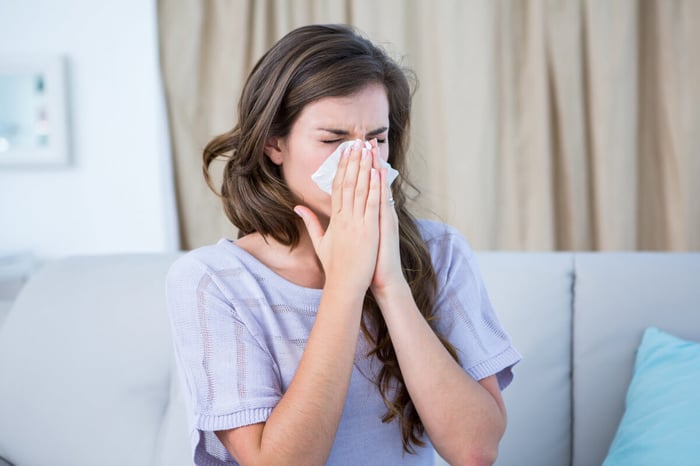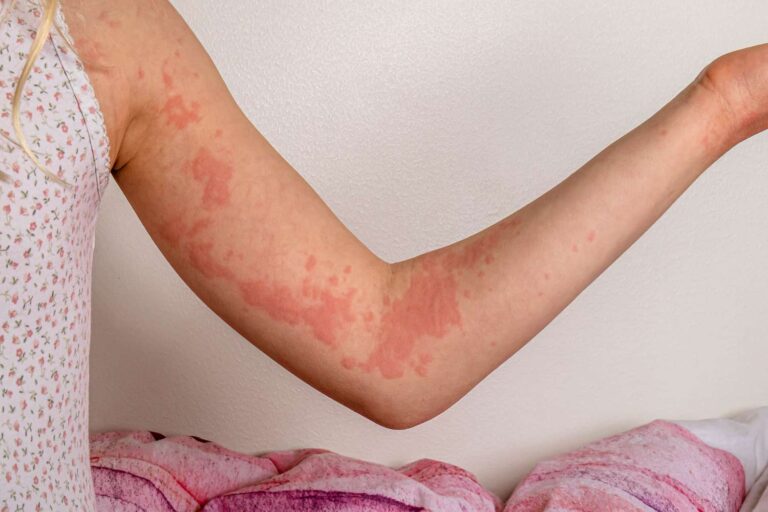Understanding Allergies: Causes, Symptoms, and Effective Treatment Options

Allergies are a common yet often misunderstood condition that affects millions of people around the world. From seasonal sneezes to severe food reactions, allergies can impact your quality of life and, in some cases, pose serious health risks. Whether you’ve been recently diagnosed or want to better manage your symptoms, this guide offers a complete look into what causes allergies, how they manifest, and the most effective ways to treat them.
What Are Allergies?
An allergy is the immune system’s overreaction to a normally harmless substance known as an allergen. Instead of ignoring these substances, the immune system identifies them as threats and produces antibodies to fight them. This immune response causes the symptoms we associate with allergies.
Common Allergens
Allergens vary widely depending on the individual, environment, and exposure. Here are the most common types:
- Pollen – From trees, grasses, and weeds (causing hay fever or seasonal allergic rhinitis)
- Dust mites – Tiny bugs that live in house dust
- Mold spores – Found indoors and outdoors
- Pet dander – Microscopic flakes of skin from cats, dogs, and other animals
- Food allergens – Such as peanuts, milk, eggs, shellfish, and wheat
- Insect stings – Bees, wasps, or ants
- Medications – Like penicillin or aspirin
- Latex – Found in gloves, balloons, and some medical devices
Symptoms of Allergic Reactions
Allergy symptoms depend on the type of allergen and how it interacts with your body:
Respiratory Allergies (e.g., Pollen, Dust, Mold)
- Sneezing
- Runny or stuffy nose
- Itchy eyes, nose, or throat
- Coughing and wheezing
- Shortness of breath (in asthma-triggered allergies)
Food Allergies
- Hives or skin rashes
- Swelling of lips, tongue, or throat
- Abdominal pain, vomiting, or diarrhea
- Difficulty breathing or anaphylaxis (a severe, life-threatening reaction)
Skin Allergies (e.g., Latex, Contact Dermatitis)
- Itchy red rash
- Blisters or dry, scaly patches
- Swelling or inflammation
Insect Sting Allergies
- Localized pain and swelling
- Itching and redness
- Severe reactions: trouble breathing, dizziness, drop in blood pressure (anaphylaxis)
Diagnosing Allergies
If you suspect you have allergies, consult a healthcare provider or an allergist. Diagnosis may include:
- Skin Prick Test – Small amounts of allergens are applied to your skin to see which cause a reaction.
- Blood Test (IgE Test) – Measures your immune system’s response to allergens.
- Elimination Diet – Temporarily removing and reintroducing foods to identify the culprit.
- Challenge Tests – Controlled exposure under medical supervision.
Effective Allergy Treatment Options
Managing allergies requires a combination of avoiding triggers, relieving symptoms, and in some cases, retraining the immune system.
1. Allergen Avoidance
The most effective way to prevent symptoms is to avoid contact with known allergens:
- Use HEPA filters in your home
- Wash bedding regularly in hot water
- Keep windows closed during high pollen days
- Choose hypoallergenic pets or keep pets out of sleeping areas
- Read food labels carefully
2. Medications
Over-the-counter and prescription medications help manage symptoms:
- Antihistamines – Block histamine, the chemical responsible for allergy symptoms
- Decongestants – Reduce nasal swelling and pressure
- Corticosteroids – Nasal sprays or creams that reduce inflammation
- Leukotriene inhibitors – Used for allergic asthma or rhinitis
- Epinephrine (EpiPen) – For emergency treatment of anaphylaxis
3. Immunotherapy (Allergy Shots or Tablets)
This long-term treatment involves gradually exposing your body to increasing doses of allergens to build tolerance. It’s particularly effective for:
- Seasonal allergies
- Dust mite and pet dander allergies
- Insect sting allergies
Living with Allergies: Tips for Daily Management
- Track your symptoms with a journal or app
- Check pollen forecasts and plan outdoor activities accordingly
- Keep your indoor air clean with purifiers and humidity control
- Use allergen-proof covers on mattresses and pillows
- Communicate clearly with schools, workplaces, and restaurants about your allergies
When to See an Allergist
Consult a specialist if:
- Your symptoms are persistent or worsening
- Over-the-counter medications are ineffective
- You experience severe reactions or suspect a food allergy
- You want to explore long-term treatment options like immunotherapy
FAQs About Allergies
1. Can allergies develop later in life?
Yes, adults can develop new allergies, even if they had no issues earlier.
2. Are allergies genetic?
There is a genetic link. If one or both parents have allergies, children are more likely to develop them.
3. What is the difference between an allergy and a cold?
Allergies cause itching and occur regularly with exposure to allergens, while colds are caused by viruses and usually last 7–10 days.
4. Can allergies be cured permanently?
There is no universal cure, but immunotherapy can significantly reduce or eliminate symptoms over time.
5. Are food intolerances the same as allergies?
No. Intolerances cause digestive symptoms but don’t involve the immune system. Food allergies can cause life-threatening reactions.
6. How do I know if I have a dust allergy?
Symptoms like sneezing, congestion, or itchy eyes that worsen indoors may indicate dust mite sensitivity.
7. Can I prevent my child from developing allergies?
While you can’t prevent them entirely, breastfeeding, introducing solid foods gradually, and avoiding smoking can help reduce risk.
8. Is it safe to exercise with allergies?
Yes, but if symptoms are severe (especially asthma), consult your doctor for a treatment plan to stay active safely.
Conclusion
Allergies are manageable, and in many cases, preventable. Understanding your triggers and working closely with healthcare providers allows you to regain control over your life. With the right knowledge and treatment plan, you can breathe easier, eat safer, and live more comfortably every day.

